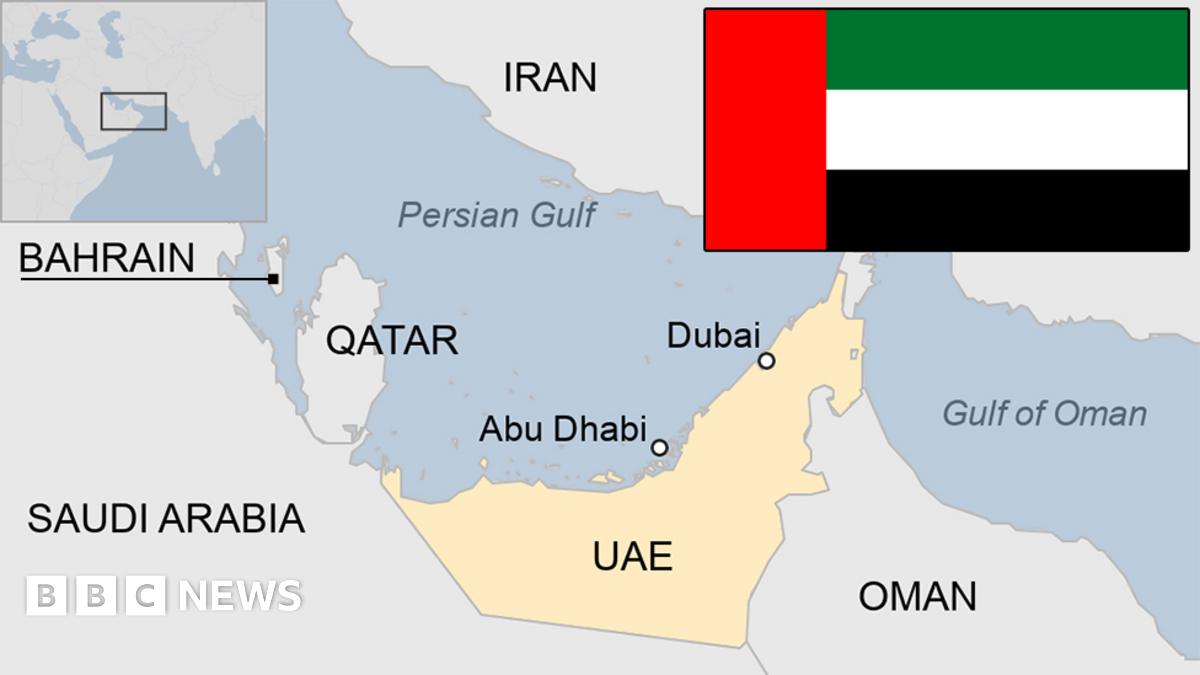
Under the pact, Al Dahra will supply raw milk from its dairy farms in Al Ain to AAFG’s facilities—most notably to its in-house processing arm, Marmum Dairy. AAFG’s Group CEO, Hassan Safi, stated the collaboration “ensures a consistent supply of quality raw milk … while strengthening the broader UAE dairy ecosystem”. Al Dahra’s Group CEO, Arnoud van den Berg, described the partnership as “a milestone in the evolution of the UAE dairy sector” and emphasised the commitment to uncompromising quality.
The new agreement underscores a wider shift in the UAE’s agricultural strategy, moving from reliance on imports to building a resilient domestic production base. Analysts note that with increasing global supply chain volatility and agricultural disruptions, securing local raw-material inputs offers greater stability for dairy manufacturers and consumers alike.
AAFG, which aggregates brands including Al Ain Farms, Marmum Dairy, Al Ajban Chicken, Al Jazira Poultry’s Golden Eggs and Saha Arabian Farms, is positioning itself as a national-food champion with vertical integration spanning dairy, poultry, eggs and juices. The partnership with Al Dahra—its first major domestic raw-milk supply agreement of this kind—aligns with the UAE’s own ambitions under its National Food Security Strategy 2051.
The deal also takes into account evolving consumer expectations around freshness and provenance. By sourcing raw milk domestically, AAFG says it can reduce transit times, enhance freshness and deliver higher-quality dairy products to UAE households. Safi emphasised the benefit of “empowering domestic farmers” and building resilient supply networks that “ensure families across the UAE have access to fresh, high-quality nourishment every day”.
While the agreement is characterised as a three-year term, both companies frame it as part of a longer-term structural transformation rather than a short-term fix. The emphasis is on building end-to-end production, supporting local farming capacity, and reducing dependence on foreign raw-material importation.
Experts highlight that the dairy sector in the Gulf is facing multiple headwinds—rising feed costs, increasing competition, water scarcity, and environmental pressures. Localisation deals such as this one may help mitigate some risks, but will also demand investment in farming infrastructure, logistics, and cold-chain systems to support scale and sustainability.
Al Dahra’s dairy farms in the Emirate of Al Ain will supply the raw milk; production capacity and expected volumes have not been publicly disclosed. The firms say the initiative will contribute to the UAE’s broader goal of a self-sufficient food-production ecosystem that is less vulnerable to external shocks.
For the supply chain, the partnership marks a new benchmark for local sourcing partnerships in the food-industry sector. It signals that domestic players are increasingly willing to collaborate to build integrated value chains rather than rely purely on international supply links.
The signing ceremony at Global Food Week also signals the relevance of such deals in national policy discourse—food security is fast-emerging as a strategic area of industrial policy in the UAE, on par with energy, technology and logistics.
Topics
UAE
